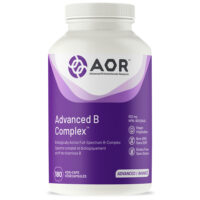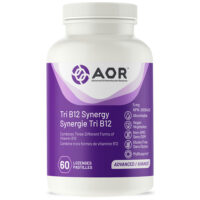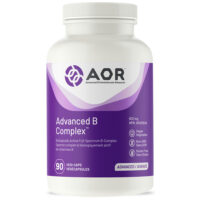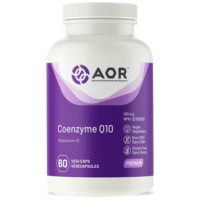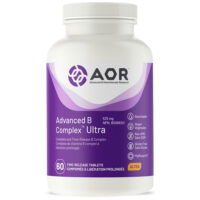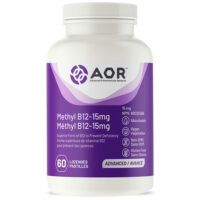There is still a debate going on as to whether or not organic foods are better for you than conventional food products. So what’s the big deal about organic foods anyway? Well, here is a hint that non-organic foods might be a problem.
According to the National Research Council (NRC), “traces of pesticides left on traditionally grown products are unlikely to cause an increase in cancer. If fruits and vegetables are properly washed, most of the chemicals are likely to be removed.” This statement not only proves that non-organic foods can be hazardous to your health, but is contradictory to say the least. On the one hand, the NRC, who are proponents for non-organic foods are saying it’s okay to buy these foods, yet on the other hand they are admitting that pesticides are present and can pose a health risk. So who’s right?
It has long been confirmed that organic food does not contain high amounts of pesticides. Thus, organic food has become more popular today than ever before. Companies and organizations who promote healthy eating, as well as finding ways to protect the environment, may still be in the minority. However, they are gaining ground in light of the recent recall of certain vegetables and meats.
It also follows that families who are making a conscious effort to protect the environment are leaning towards an organic lifestyle. So the question still remains: What’s the big deal about organic foods? Quite frankly, it is only a big deal to those who oppose this alternative lifestyle.
Let’s take a look at some facts about organic foods:
* Consuming foods that are naturally grown is healthier and provides more nutrition.
* Foods organically grown are known to contain more vitamins, minerals, and antioxidants.
* There are no additives present.
* The process of organic farming eliminates any form of chemicals or hormones. Our environment is protected and our wildlife are given much better treatment than by conventional standards.
* Most importantly, the fertilization of soil promotes healthier crops.
Finally, those in the know tell us that organic foods taste better than the more traditional non-organic foods.
Consuming organic foods is an individual choice. But whether you grow your own organic garden, eat at restaurants which only serve organic foods, or purchase organic foods at your local farmer’s market, there is something to be said for the nutritional value contained in organic foods.
So what’s the big deal about organic foods anyway? Obviously, the big deal is most likely an economic one. Organic farming, or converting a conventional farm into an organic one, would take years before it can be certified as organic. In addition, while there are organic farms today, the supply has not yet met the demand. For now, however, those who prefer an organic lifestyle are living healthier, eating healthier, and are contributing to a more viable environment.


